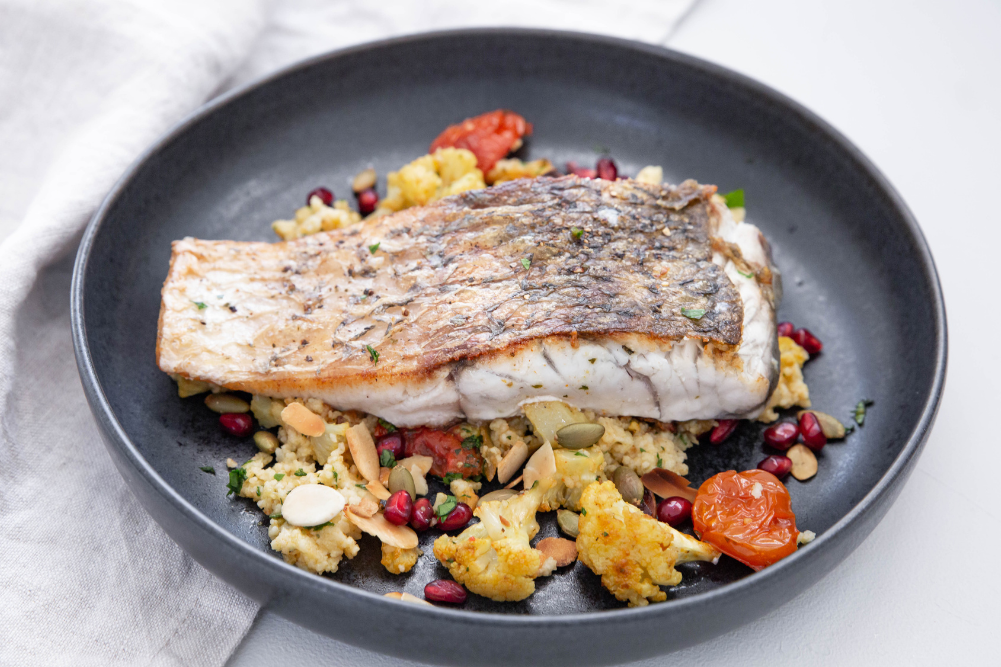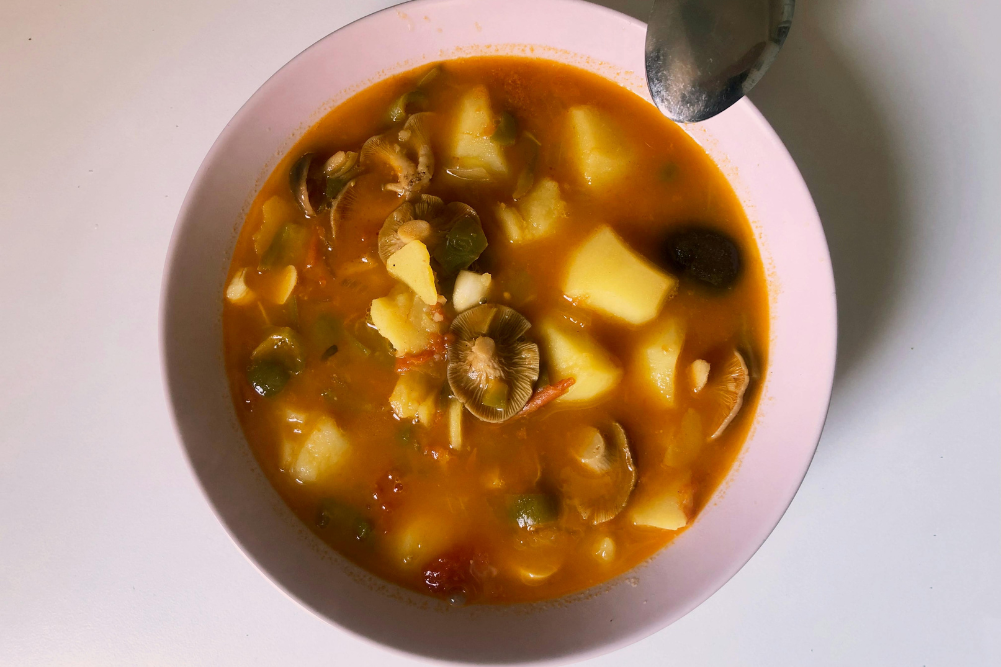Prize winning chocolate
There are some unusual associations that you can observe in the world around you. Apparently there is a direct relationship between hair colour and degree of life enjoyment (it seems flaxen follicled folk have more fun). It also seems that men under 169cm (five feet and two inches) tall are more likely to seek to dominate large swathes of Europe and end their days in isolation on an obscure island (the “Napoleon Complexâ€). These correlations between hair colour and height and life outcomes however seem banal compared to the fact that if you eat more chocolate you are more likely to win a Nobel Prize.
The Nobel Prizes were established by Swedish inventor and philanthropist Alfred Nobel in 1895 with the first prizes awarded 1901. The Prizes include Physics, Chemistry, Medicine, and Peace. The Peace Prize is awarded in Oslo, Norway while all others are awarded in Sweden. The Scandinavian roots of the Nobels are important to keep in mind as you ruminate on the findings that link chocolate consumption to Nobel Prize winning efforts.
The new research comes from Kings College London where the reasoning of the researchers began with the fact that cocoa, used to make chocolate, is known to contain a number of substances that enhance cognitive function. These substances include caffeine but also extend to theobromine and phenylethylamine. Based on this the researchers wanted to test whether there might be a correlation between a country’s cocoa consumption and the country’s overall cognitive performance.
Given the lack measures of cognitive performance on a national scale the researchers decided to use Nobel Prize winners as a measure. There are all sorts of reasons why this may not be a great measure of intellectual worth but let’s go with it for a moment. The researchers worked out how many Nobel Prize winners countries had per ten million of population.
The results showed that there is a strong correlation between per capita chocolate consumption. To be fair, at the top of the list were some anomalies. For instance the number one ranking went to the Faroe Islands with a score per 10 million of population of 202.09. It may be that Faroe Islanders are a society of Algonquins but the fact that they have one Nobel Prize winner (from 1903) and a small population helped push them up the list. Saint Lucia, Luxembourg, and Iceland are in a similar category with scores of 123.32, 39.287, and 31.93 respectively. After that though come countries with populations in the multi-millions and scores also in the mid-20s to low-30s. Those countries next on the list are Sweden, Switzerland, Denmark, Austria, and Norway.
All of these countries are heavy chocolate consumers so the thesis becomes that chocolate eating so elevates the thoughts of the populous that Nobel Prizes begin to fall from the sky.
Keen eyed observers will raise a note of query here though. It does seem that the Scandinavian countries come out quite well and could it be that their chocolate consumption is incidental to the fact that they host the awards? Sweden for instance, won 28 of its 30 Nobel Prizes between 1903 and 1982. The other factor could be that countries with high chocolate consumption already have advanced economies and education systems.
Such rationalisations of course only serve to get in the way of another good story about chocolate. Whatever the reason behind it all, now at least you know what the Nobel Piece (of chocolate) prize is all about.
As a footnote for those of you who are interested, Australia with 13 Nobel Prize winners comes in way down the list with a score of 5.7…clearly 6kg of chocolate per person per year are just not enough to get cerebral activity sparking.







